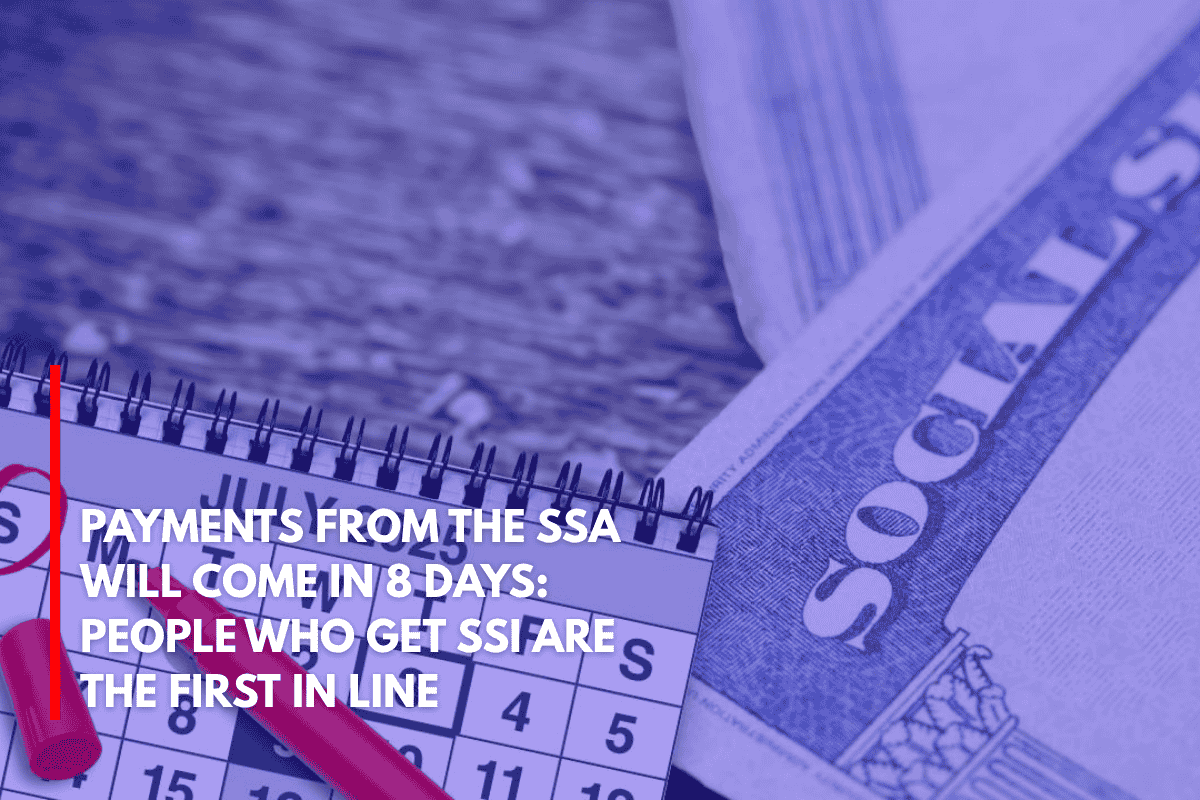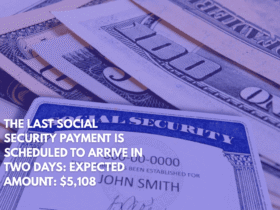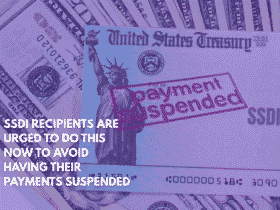The Social Security Administration (SSA) is set to send out the next round of Supplemental Security Income (SSI) payments in just eight days. Millions of people across the U.S. depend on these monthly benefits, which support individuals with serious disabilities or limited income.
In July 2025, eligible individuals will receive a maximum of $967, while couples can receive up to $1,450. There’s also support for essential caregivers, with a separate payment of up to $484.
When Is the July 2025 SSI Payment Date?
The SSI payment for July will be issued on July 1, 2025. Usually, these payments come on the first day of each month. If the 1st falls on a weekend or a holiday, the SSA sends the money on the last working day before it.
For example, in June 2025, the first day of the month was a Saturday. Because of this, payments were advanced to May 30. So, some people got two SSI checks in May.
SSI Payment Increase in 2025
To help with the rising cost of living, the SSA increased SSI payments in 2025 by 2.5%. This change is known as a Cost-of-Living Adjustment (COLA). It ensures that SSI beneficiaries can keep up with inflation and maintain their basic needs.
Now, the maximum SSI payments in 2025 are:
$967 for an individual
$1,450 for a couple
$484 for an essential person (a caregiver who lives with and helps the SSI recipient)
These amounts can change based on each person’s living situation and income.
What Is the SSI Program?
Supplemental Security Income (SSI) is a government support program for people who have very low income and are either age 65 or older, blind, or have a disability. SSI is different from Social Security retirement or survivor benefits. Receiving one does not mean you automatically qualify for the other.
SSI payments are not based on work history. Instead, they’re based on financial need. That’s why not everyone who gets Social Security benefits can receive SSI.
Who Can Get SSI in 2025?
To receive SSI in 2025, you must meet several conditions:
Be a U.S. citizen or a legal foreign national
Be 65 or older, blind, or have a serious disability
For adults, the disability must last at least one year or be terminal
For children, the condition must seriously affect daily life
Also, your income and resources must be very limited:
You can’t have more than $2,000 in resources as an individual
Couples must have less than $3,000
Some assets like your home or car may not count
If your income or situation changes, you must inform the SSA. Not reporting changes can lead to your benefits being reduced, delayed, or stopped.
Living in a public institution like a hospital or jail may also stop your SSI payments unless a specific exception applies.











Leave a Reply